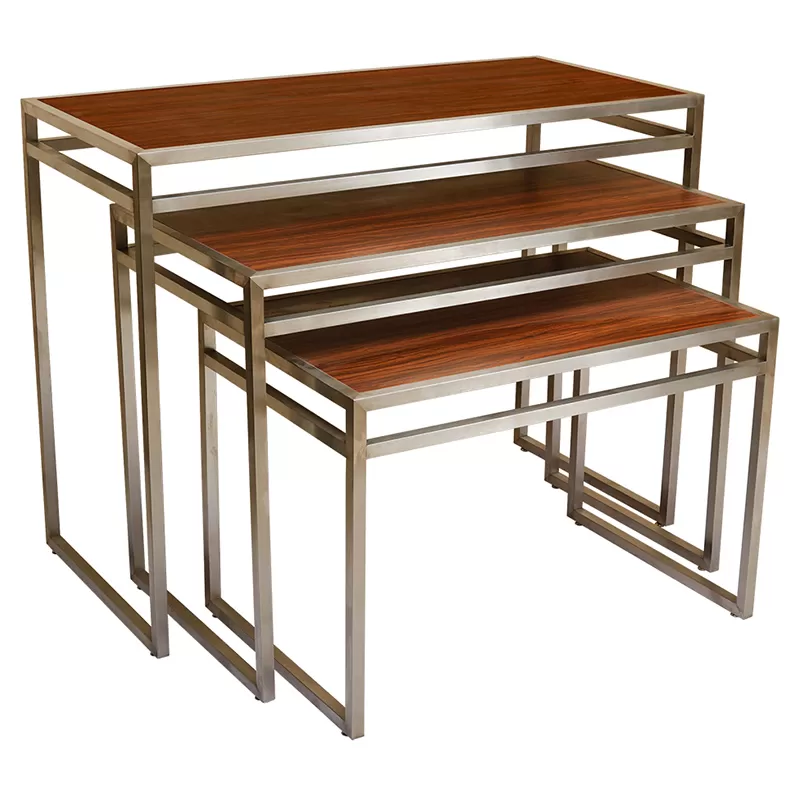Why is it called a buffet table?
In the realm of culinary delights, the term buffet table has carved a niche for itself, offering a unique dining experience that transcends the ordinary. This article delves into the fascinating history and evolution of buffet tables, unraveling the mystery behind their nomenclature and exploring the reasons they have become an integral part of our gastronomic culture.
The Early Origins
Buffet tables in their earliest form, trace their roots back to 16th-century France. The word "buffet" itself has French origins, meaning a sideboard or a counter for displaying food. During this period, elaborate feasts were a symbol of wealth and status, and the French aristocracy embraced the concept of displaying an array of dishes on tables for guests to serve themselves.
The Spread of the Buffet Phenomenon
From France to the World
As time progressed, the concept of buffet dining gained momentum across Europe, making its way to other countries and cultures. The allure of self-service appealed to both hosts and guests, offering a more casual and communal dining experience. Buffet-style dining became synonymous with abundance and variety, allowing individuals to savor a diverse selection of culinary delights in a single sitting.
Buffet Tables in the United States
The trend eventually crossed the Atlantic, and in the early 20th century, Multipurpose buffet tables found a new home in the United States. The American interpretation of buffet dining evolved, incorporating influences from various cuisines and culinary traditions. This adaptability contributed to the enduring popularity of buffet-style service in the U.S.
Why "Buffet Table"?
The Linguistic Connection
The term "buffet table" may seem straightforward, but its linguistic nuances add depth to its meaning. In the context of dining, "buffet" refers to a spread of food laid out for self-service. The word "table" is not merely a piece of furniture; it signifies a communal gathering point where people come together to enjoy a shared culinary experience.
Emphasizing Variety and Choice
The nomenclature emphasizes the core principles of buffet-style dining – variety and choice. A buffet table is not just a piece of furniture; it symbolizes a feast of options where individuals can choose what appeals to their palate, fostering a sense of autonomy in the dining experience.
Modern-Day Buffet Tables
Reinventing Tradition
In the contemporary culinary landscape, buffet tables have not lost their charm. They continue to thrive, adapting to changing preferences and dietary trends. Modern buffet setups are not confined to grand banquets; they also find a place in casual dining establishments, catering to a diverse range of tastes and preferences.
Customization and Personalization
One of the reasons why buffet tables endure is the element of customization they offer. Diners can tailor their plates according to their preferences, accommodating dietary restrictions and preferences. This personalized approach to dining aligns with the modern emphasis on individualized experiences.
Conclusion
The journey of the buffet table from its French aristocratic origins to its ubiquitous presence in contemporary dining reflects not just a culinary trend but a cultural evolution. The term itself encapsulates the essence of a dining experience centered around abundance, variety, and individual choice.Among various furniture providers, Yumeya Furniture stands out as one of the nation's premier manufacturers.

评论
发表评论